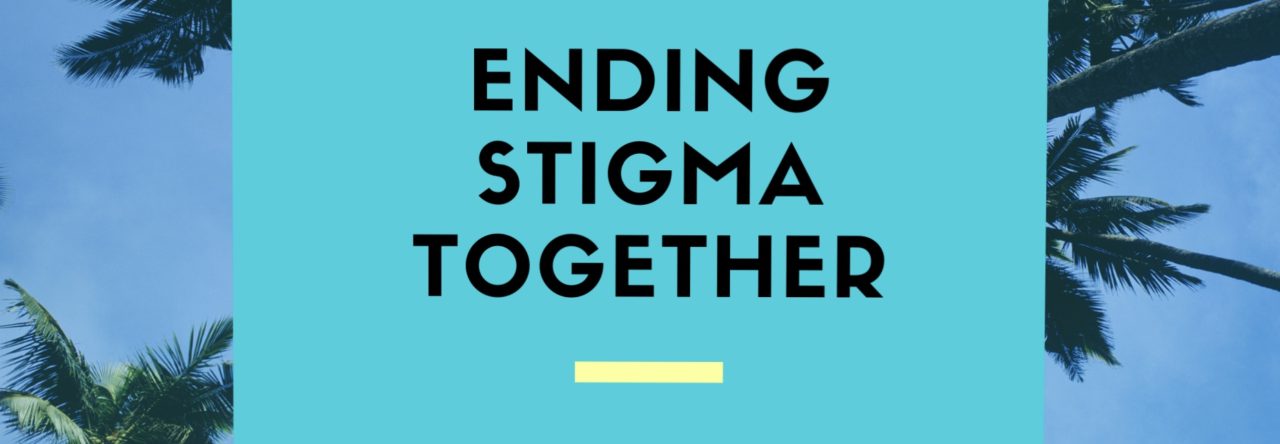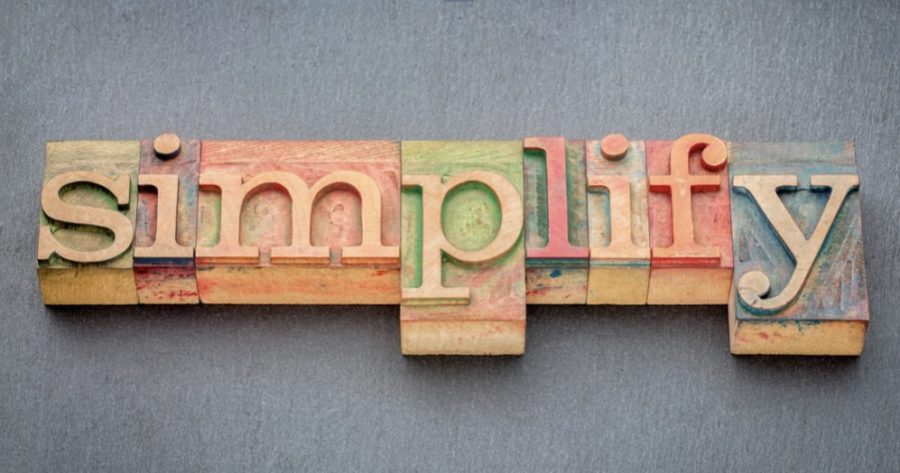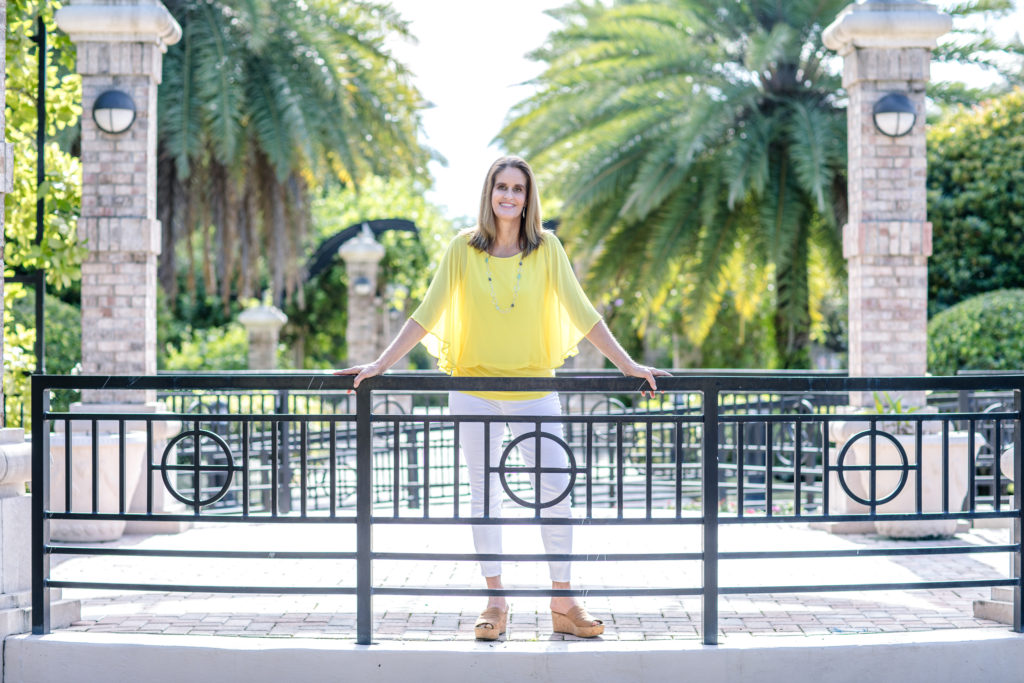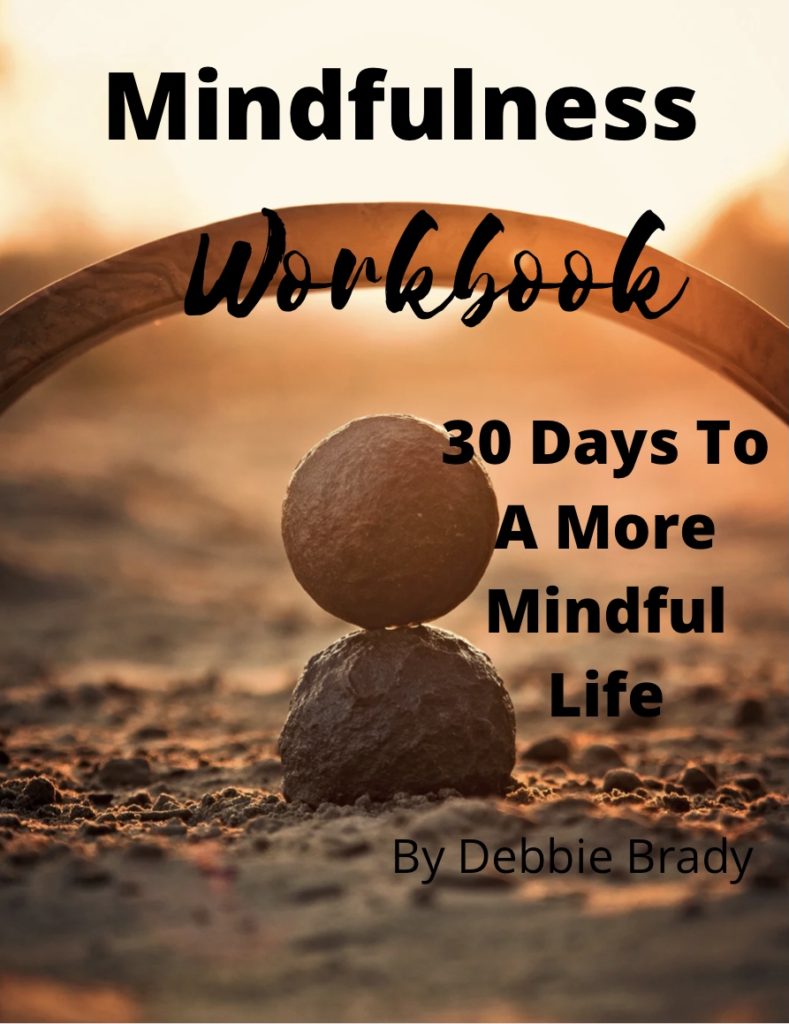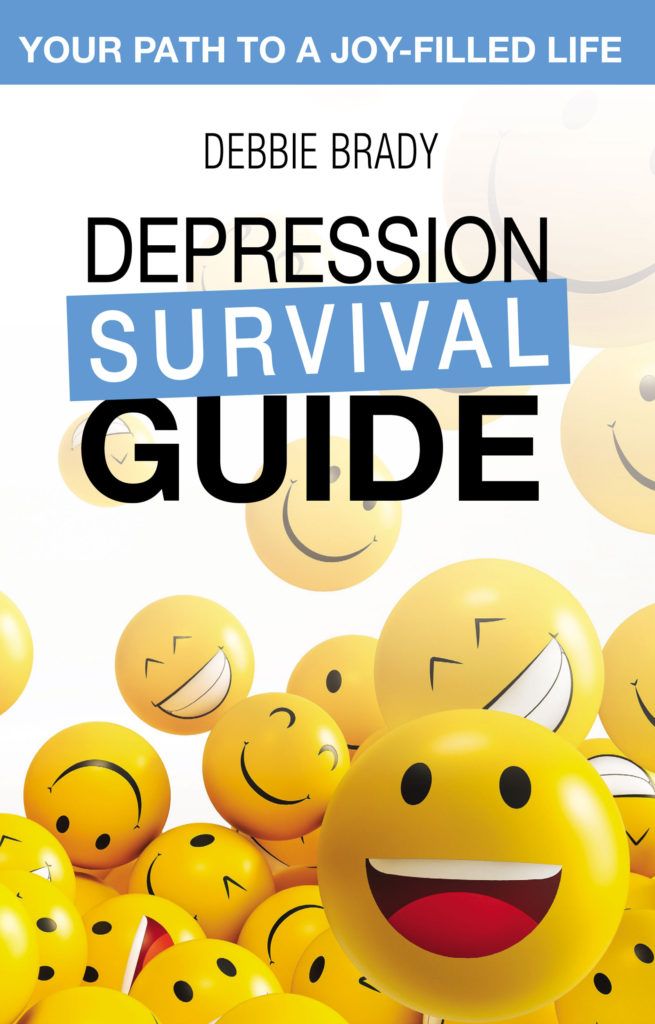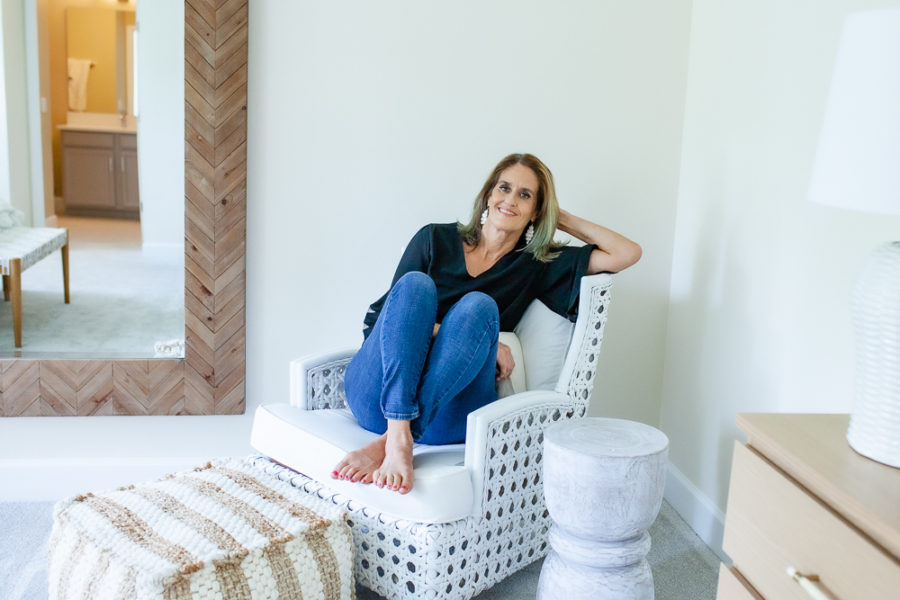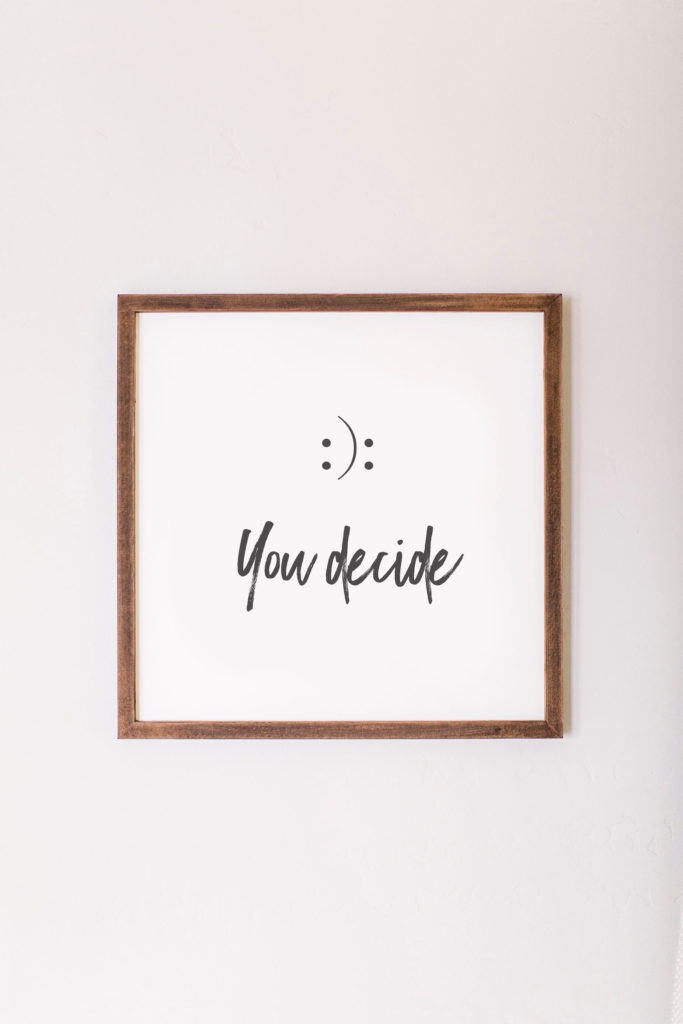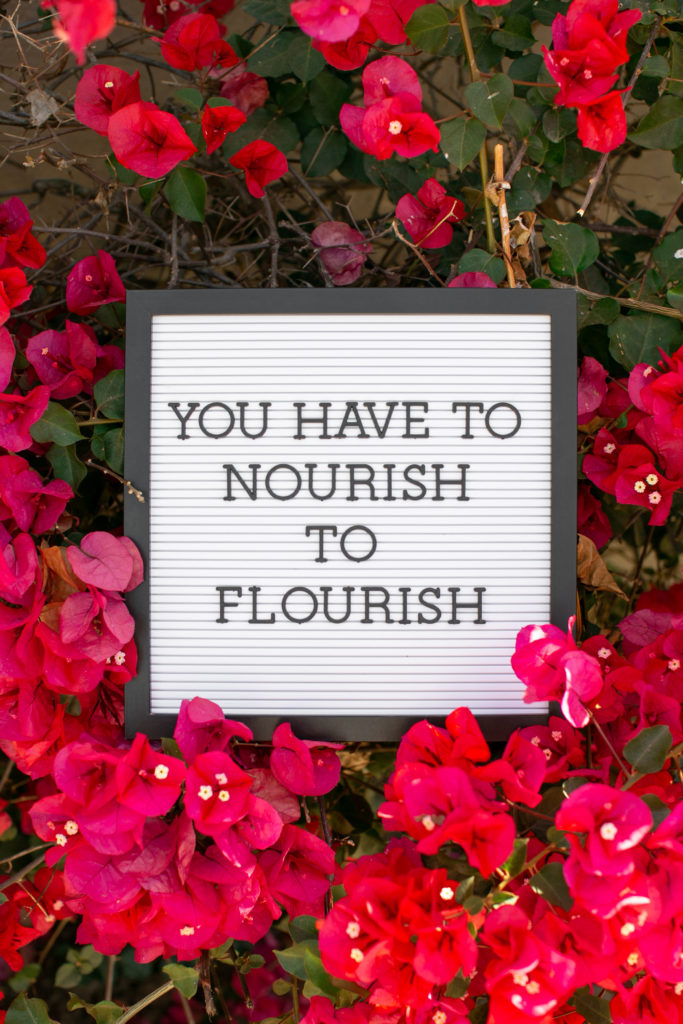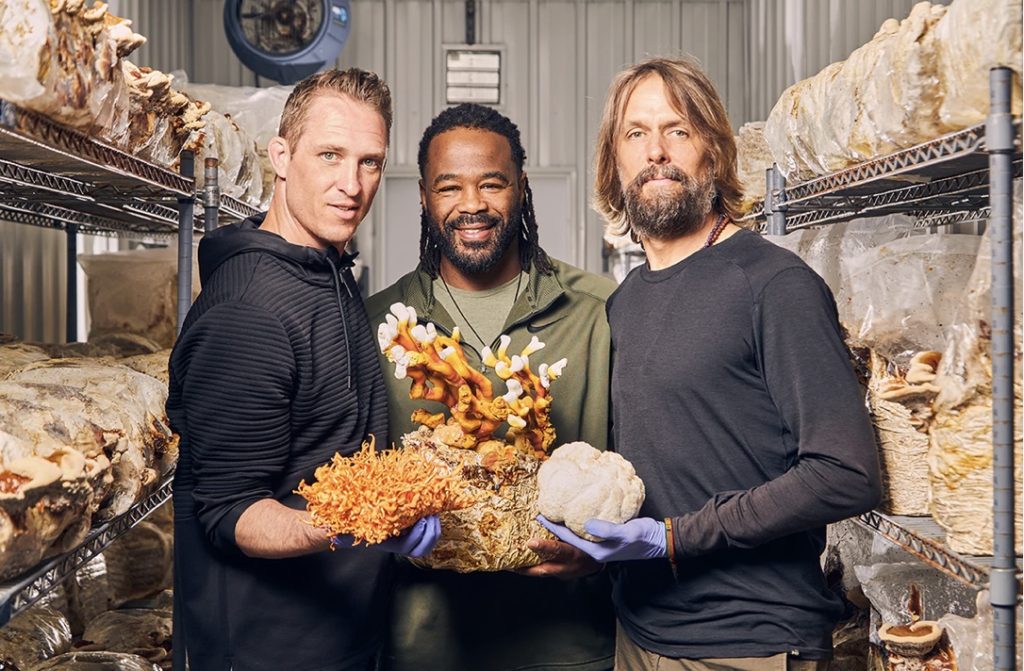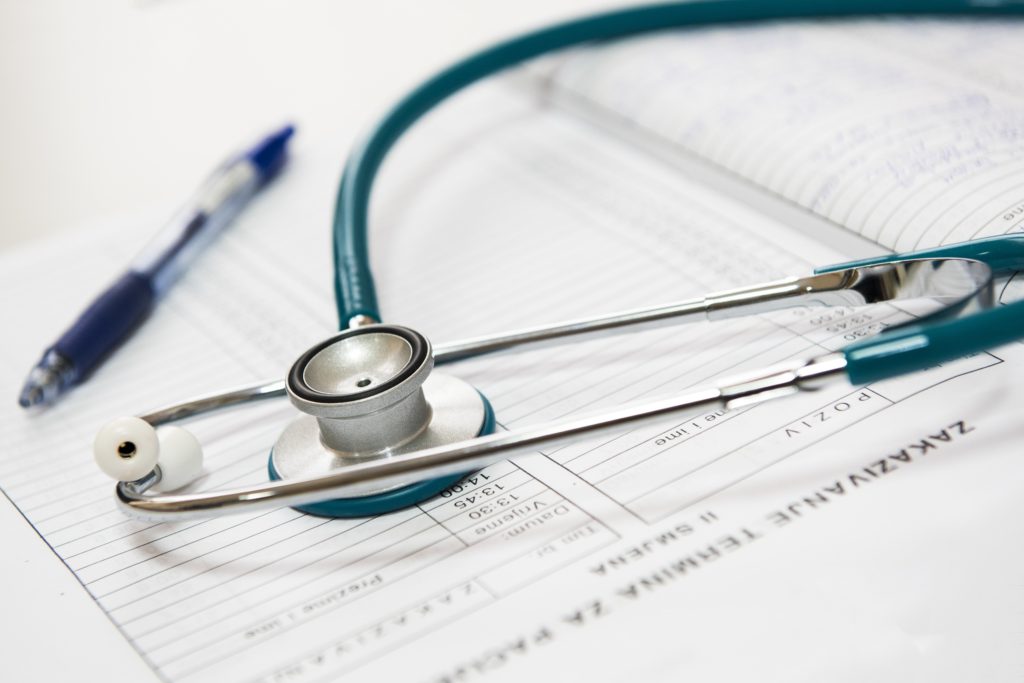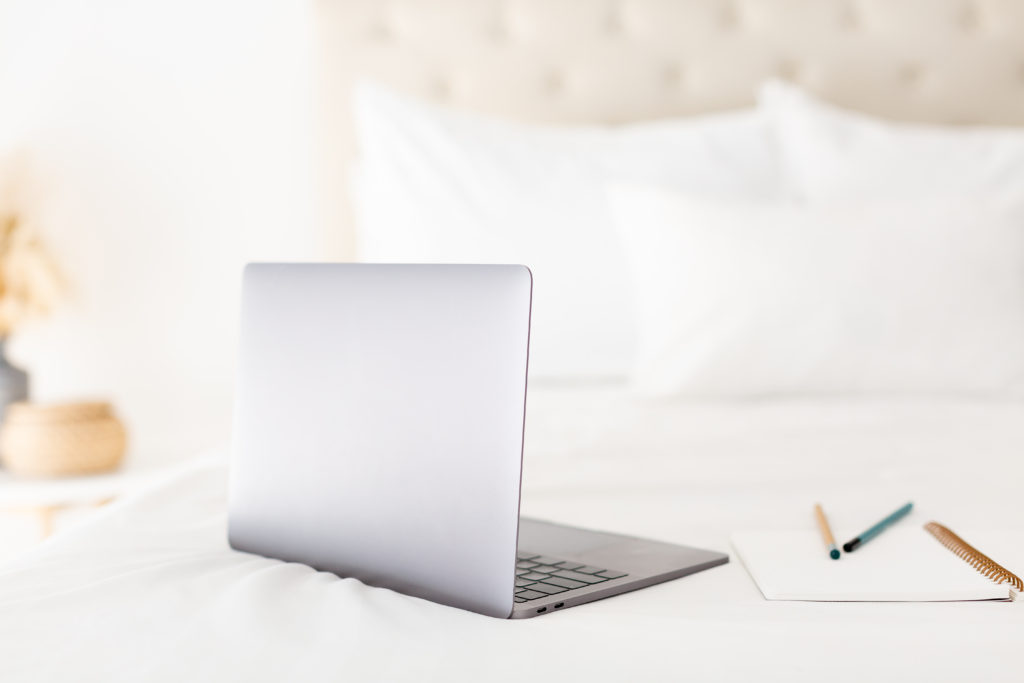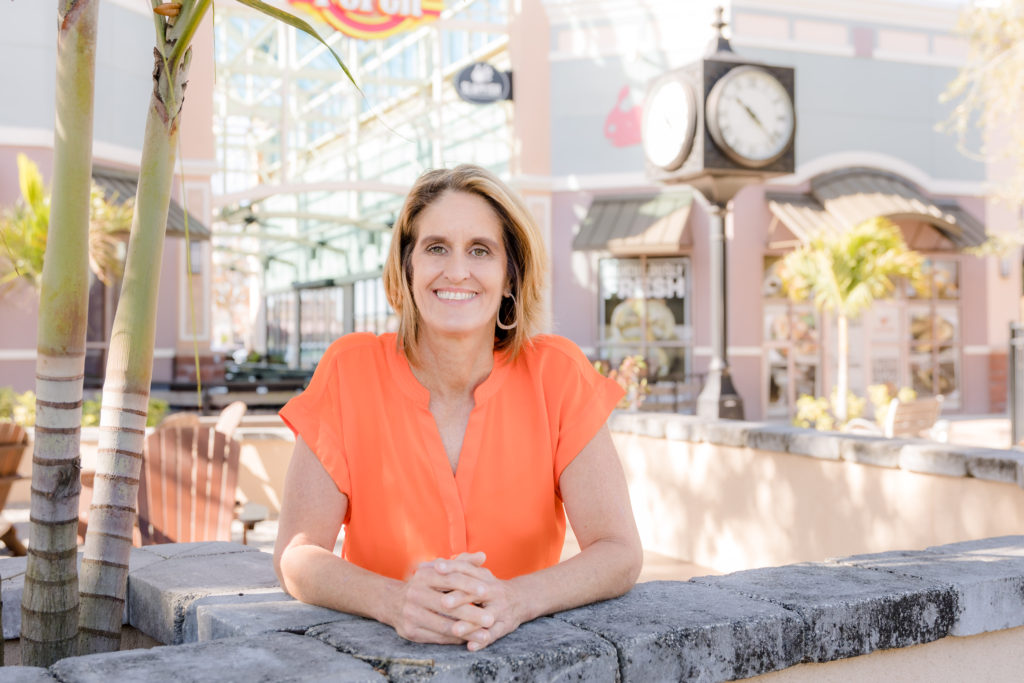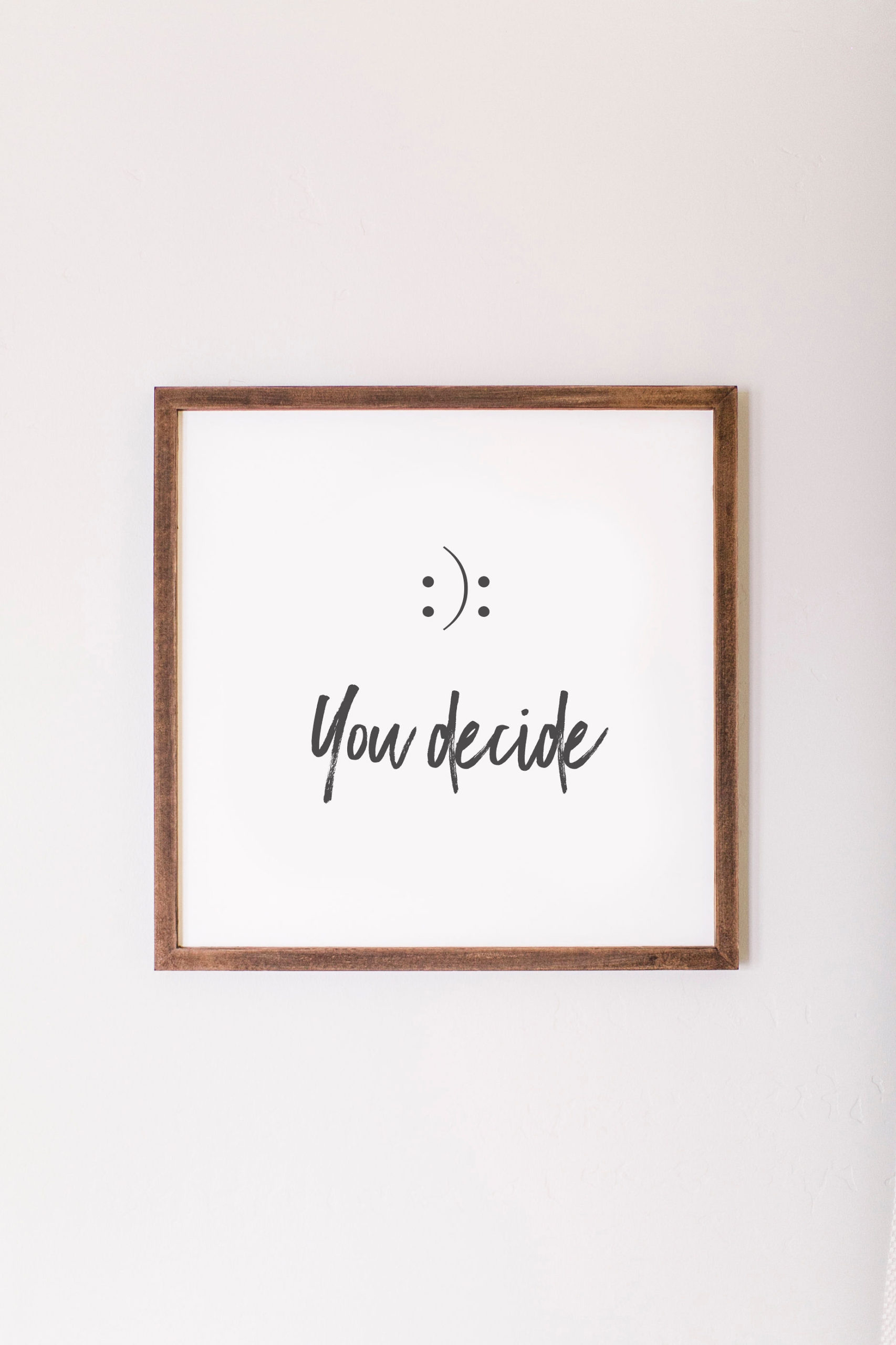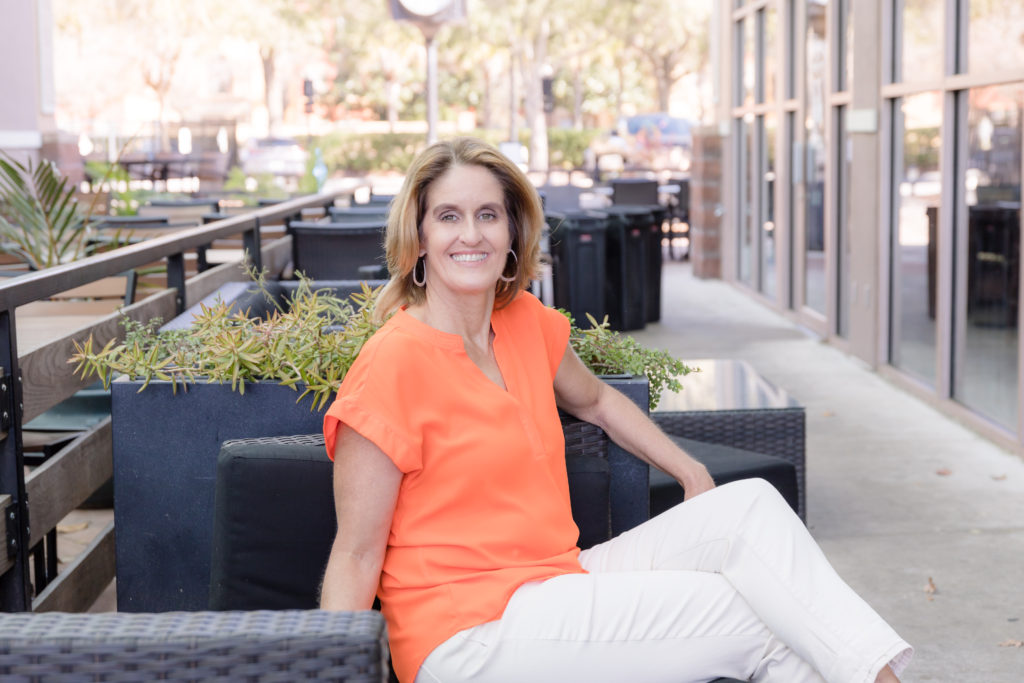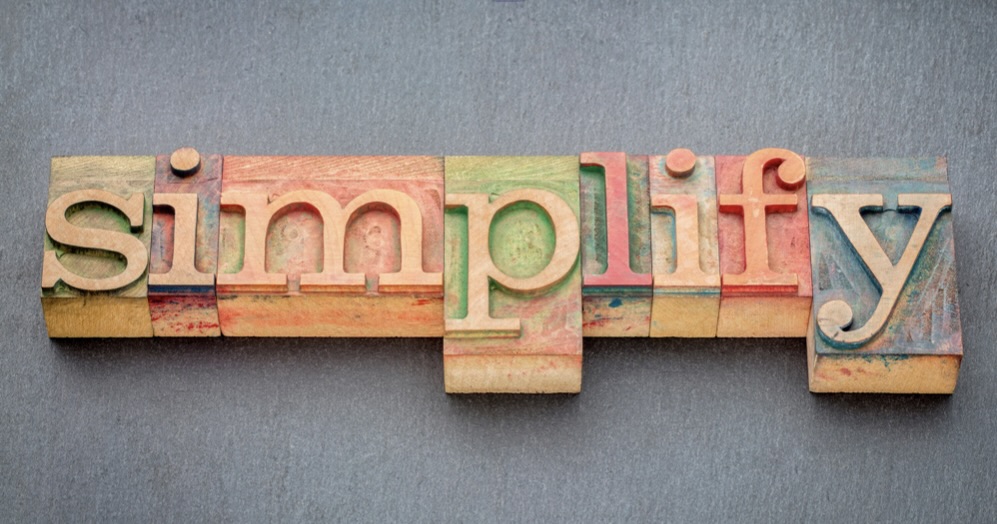
One thing I have realized over the years is that when it comes to managing my depression and keeping my mental health at its peak, less is more. This doesn’t just pertain to belongings, but also people, activities and anything else that fills up your day-to-day life. It can become very overwhelming to try to keep up with everything and that can lead to you having little time or energy to do the activities you need to incorporate into your life to manage your mental health.
- Make a list of the areas in your life that are overwhelming you. Set aside 10-20 minutes to just sit down with a notebook and pen or to type up on a word document the areas in your life that are making you feel overwhelmed, anxious or depressed. Look at all the different areas where you feel you can possibly simplify. Don’t do an overall assessment. Just brainstorm for 10-20 minutes and write down everything that comes to mind that seems to add pressure or stress to your daily life. This will give you a good starting point on where you really need to focus most of your time and energy.
- Slowly begin to clean out your closets and drawers. Most of us are guilty of shoving junk in our drawers or bringing in my clothes, shoes, office supplies (you know who you are!) and many other items we really don’t need, yet feel compelled to buy anyway. Then, we either struggle to let these things go or we are too unmotivated to ever go through our storage spaces and get rid of the excess. We get an endorphin rush when we purchase items we like and this new item makes us feel temporarily better. But often we lose interest quickly and just hang onto them. These items build up and create clutter. So, start small. Do one drawer a day if you have to. Work on your closet 30 minutes at a time. If you are struggling, hire someone to help you or invite a friend over for support. A productive habit to create is to purge your excess every 3 months. I have found that going through my belonging on a quarterly basis helps me to stay ahead of the clutter. This has made such an incredible difference for my mental health. Many of us who live with mental health challenges often struggle to keep our homes neat and orderly. By having less stuff and less space, it means having to spend less energy on keeping our space looking nice and more energy to put towards keeping our mental health strong.
- Learn how to say “no.” Learning to say “no” to activities, people or anything else that is asked of you, will be one of your most powerful techniques. I’m not saying to say no to everything or everyone. We just need to put ourselves first and our mental health first. If it is an obligation that you will enjoy and will bring you some peace or happiness, then go for it. If a good friend wants to go to lunch and you always have fun together, then say “yes!” Just be sure you have time in your schedule. Make sure your What learning how to be simplifying your life helps you do is to only accept obligations that fit into your mental health routine. How do you figure out if you say “yes” or be strong and say “no”? Just ask yourself these questions: Will the activity bring you happiness or will it increase your stress?
- Look at your social circle and the people in your life. Does everyone around you bring you love and happiness or do they bring you sadness and stress? Are they a support to you or do they emotionally drain you? Do they give as much as you give or are they takers? There is no crime in thinning out the people who suck us dry and drain our emotions. Clutter can come in the form of individuals too. Keep your social circle filled with those you add joy and peace to your life. Include those who make you laugh and leave behind those who bring tears. You must protect yourself and sometimes that means we must let some people go.
- Assess your space. What do you have in your home? Do you need all of it? What can you let go? Another thing you can do is to determine if the space you have is the right space for you and your mental health. When I moved to Orlando, I opted to get a condo instead of a house. I have realized over the years that smaller spaces are easier for me to manage which has led to me having more time to focus on my mental health and remain stronger. It has been one of the most freeing decisions I have ever made. I think I would love a townhome eventually but for now, not having to worry about a house, lawn and a bunch of rooms I don’t need has been a game changer. Of course, this is probably a decision that needs to be done over time.
- Bring a friend or a team of professionals to help you in areas you are stuck and help you to organize your things. If the thought of simplifying your life and your belongings, bring some friends or family over to help you. Grab some good snacks and drinks and just start! If you can afford it, there are also businesses that do this for you or assist you with the process. I know it can be overwhelming for many, so often having some support can make it easier.
- Resist buying that next item yo love but don’t need. This may be one of the most difficult ones for many of us. You see a cute knickknack for your shelf you don’t need, buy that wonderful smelling candle despite having a bunch at home or my favorite, the late night online shopping spree! This can be very dangerous for many of us who live with depression. When we buy something, we get a small and brief endorphin rush that makes us feel better temporarily. As I have already mentioned, this feeling of happiness doesn’t last long. It can be hard at first, but once you begin to realize the peace your simpler life is creating, you will find it easier to resist bringing items into your life that you like, but don’t need.
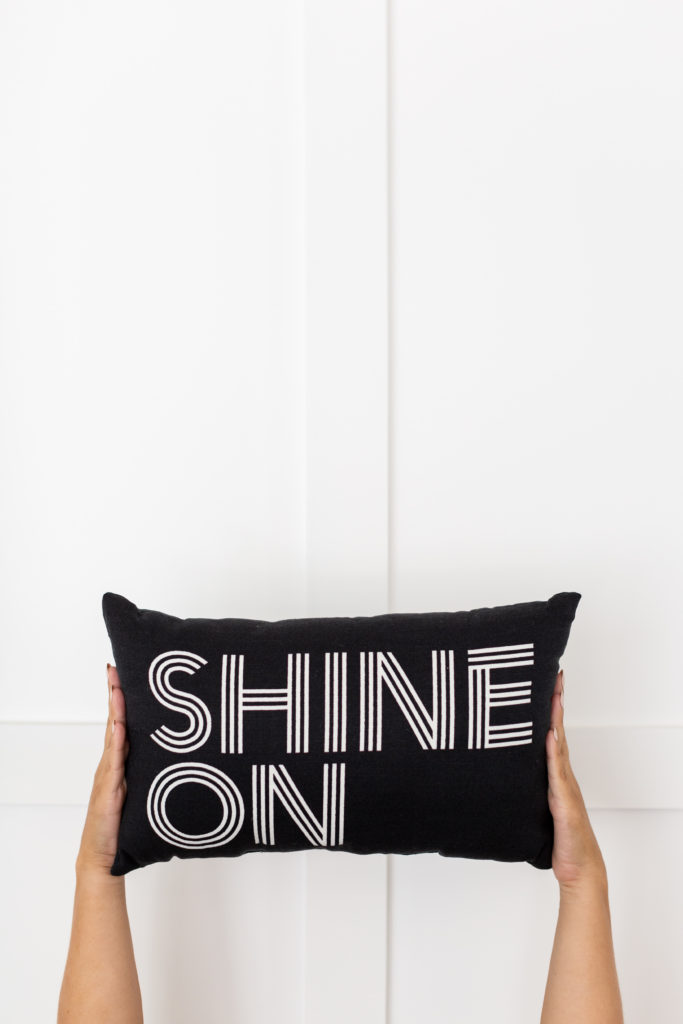
Some great resources to get more inspiration is The Minimalist documentary and podcast, The Home Edit on Netflix and their book, Pinterest and any organizing website. You can do it. Start small. Grab a friend. Just get started. If you need some support, feel free to reach out to me by email. I’ll happily help you to figure out where to start. Simplifying is a great step to a more peaceful and joyful life. I created a FREE guide for simplifying your life. You can grab your copy HERE. I hope you begin to feel lighter and stronger as you begin to create a simpler life that will give you more time and energy for your mental health.
